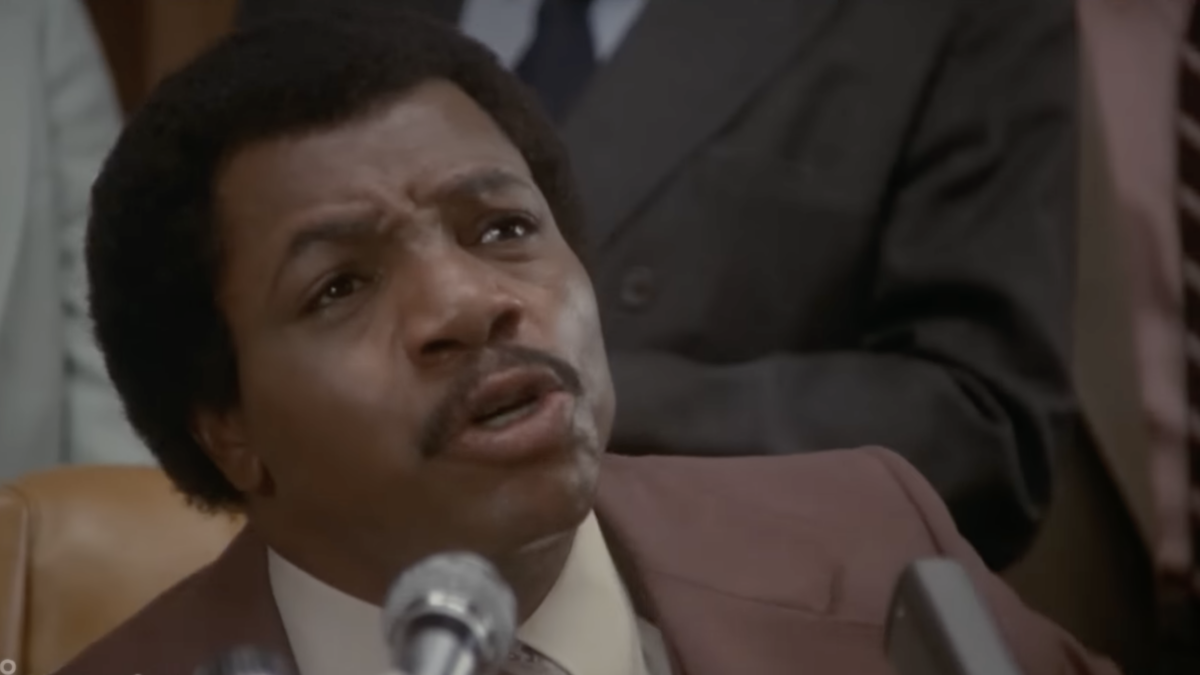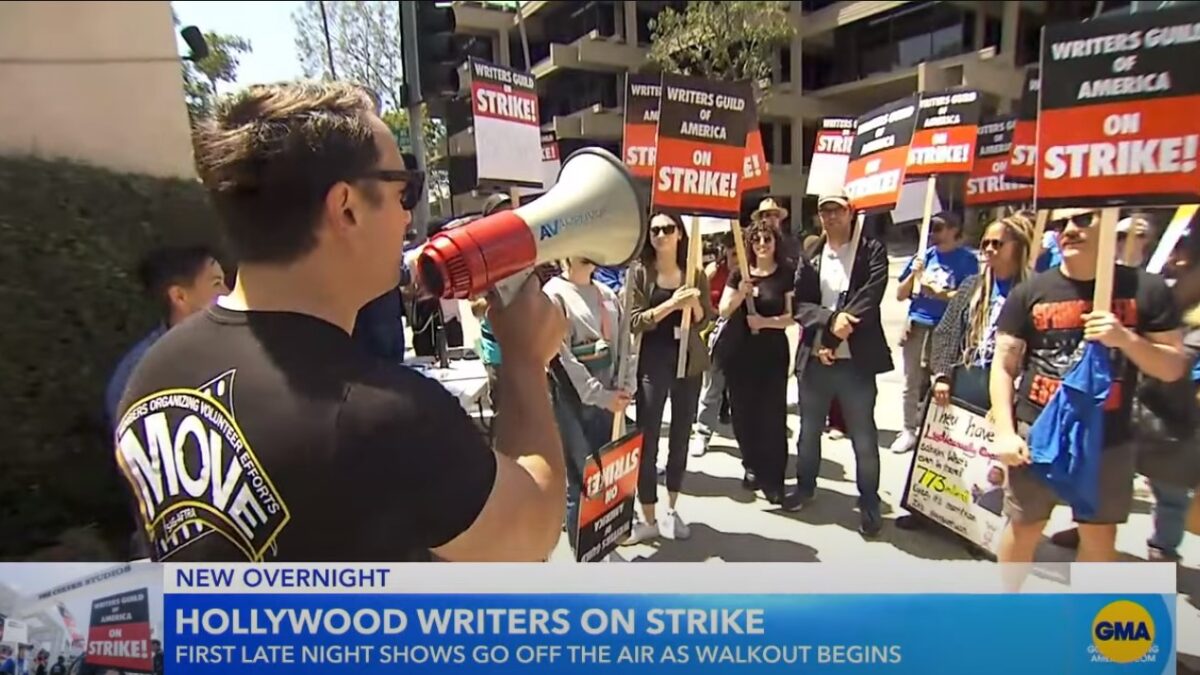
Recently a few hundred members of the Academy of Motion Picture Arts and Sciences held what is said to be a rare members-only meeting. This conference was mainly to address what the voters for the Academy Awards regard as a threat to the integrity of motion pictures: streaming services, specifically Netflix.
Amazon has also joined in the movie game. Last year the company purchased “Manchester by the Sea” at the Sundance festival. Dropping an impressive $10 million for the film, Amazon ushered the title to six Oscar nominations, winning a pair, for screenplay and actor. The film earned $75 million in theaters.
The scope and the power that digital content providers wield in the culture is growing, while many old-guard institutions are getting bent out of shape at the encroachment. In recent years, the online purveyors have become a participant in more entertainment sectors. Beyond becoming a major player in television and the Emmys, Netflix is expanding its reach into motion pictures, following Amazon’s lead. It has begun purchasing festival submissions for its platform, as well as funding original titles and entering those in festival competitions. They have become a buyer at places like Sundance and the Toronto Film Festival, and beginning to position titles in theaters for Oscar consideration.
Streaming Isn’t Really Film, Americans
These actions have piqued Academy brass, bothered that Netflix is somehow corrupting the definition of what qualifies as an “Oscar-worthy” motion picture. What has the elite so bothered in particular is the practice of releasing a film into just enough theaters to have it qualify for Academy Award consideration.
Appearing in very select few cinemas in Los Angeles and New York city, this type of micro-release is just enough for a movie to be granted the definition of being a theatrical release, thus meeting the minimum eligibility requirements for Oscar consideration. The goal is to then have the property labeled “Oscar nominated,” giving it more credibility and value in its streaming platform. This also elevates the overall brand quality.
The Hollywood elite bristle at this activity, and that is where the hilarity of the uptight experts is found. “We’ve got to define what is a movie,” declared one governor (of which there are dozens). Deadline also quoted a prominent member who worried Netflix could provoke “a cheapening of the Oscar.”
This is the same governing body that could not award the correct winning film during this year’s Oscar telecast, mind you. A few years ago they broadened the Best Picture category to include up to 10 films, diluting the honor to include more popular titles and gin up the ratings. But it’s Netflix that may cheapen their trophies.
Movie Studios Have Been Doing the Same For Ages
To watch these privileged cultural arbiters get upset by this practice is amusingly baffling, as studios have executed this exact same maneuver for generations. The idea is to limited-release an Oscar-bait title in November or December to qualify as a “release” in the calendar year. Not only is this timed for marketing, but the film sits fresher in the minds of Oscar voters. As New Year’s approaches and nominations are announced, a newly christened film receives an ad campaign touting it as “Oscar Nominated,” even as 99 percent of the country has not yet had the chance to see it. This often expands the screens showing the film, with a goal of greater box-office takes.
This raw commercial ploy in the name of art is commonplace. So how is Netflix employing this same method suddenly cheapening the Oscars and possibly redefining what qualifies as a movie? The feeling is one of an exclusionary country club setting up arcane guidelines then getting upset when less-than-qualified outsiders use those standards to gain entry. The reticence towards accepting this new portal as any type of player in their industry is palpable.
It is also not the only arena where Netflix rankles the old boys club. The Cannes Film Festival is a revered outlet for cinematic ostentatiousness, if not for consistent impactful additions to the culture. It is a place new directors are christened and “important” films discovered. The fest tends to be very intense about its power to designate the avant-garde (mainly to appeal to those who use the phrase “avant-garde”). Netflix angered these artistes last year when it entered two films into the festival: Noah Baumbach’s “The Meyerowitz Stories” and Bong Joon-ho’s “Okja.”
One is a star-packed ensemble piece, and the other a special-effects-laden affair that sported a budget of $50 million. These are hardly the types of low-budget, single-vision curiosities that often get celebrated at the French Riviera. There was contention in the celebrity jury over these entrants, as Will Smith voiced support for their inclusion (due in no small part to performing in the $60 million spectacle “Bright” that Netflix bankrolled). Meanwhile, Spanish director Pedro Almodóvar was adamant in opposing the Netflix titles. “I personally don’t perceive the Palme d’Or [should be] given to a film that is then not seen on the big screen.”
As a result of this effrontery, Cannes has altered its qualification requirements. This year’s festival titles entered into competition must first be given theatrical releases in France. This was a direct shot at the streaming services like Netflix and Amazon, as a way to provoke them into cinematic compliance.
These stodgy opinions read like a crusty old dean character in a farcical script, made all the more amusing because its players do not see their repressed role in these talks. The most entertainment comes from watching Hollywood elites become bent out of shape over their hallowed institution becoming compromised by new arrivals. That they are offended at Netflix using their long-established tactics only ramps up the comedy.









